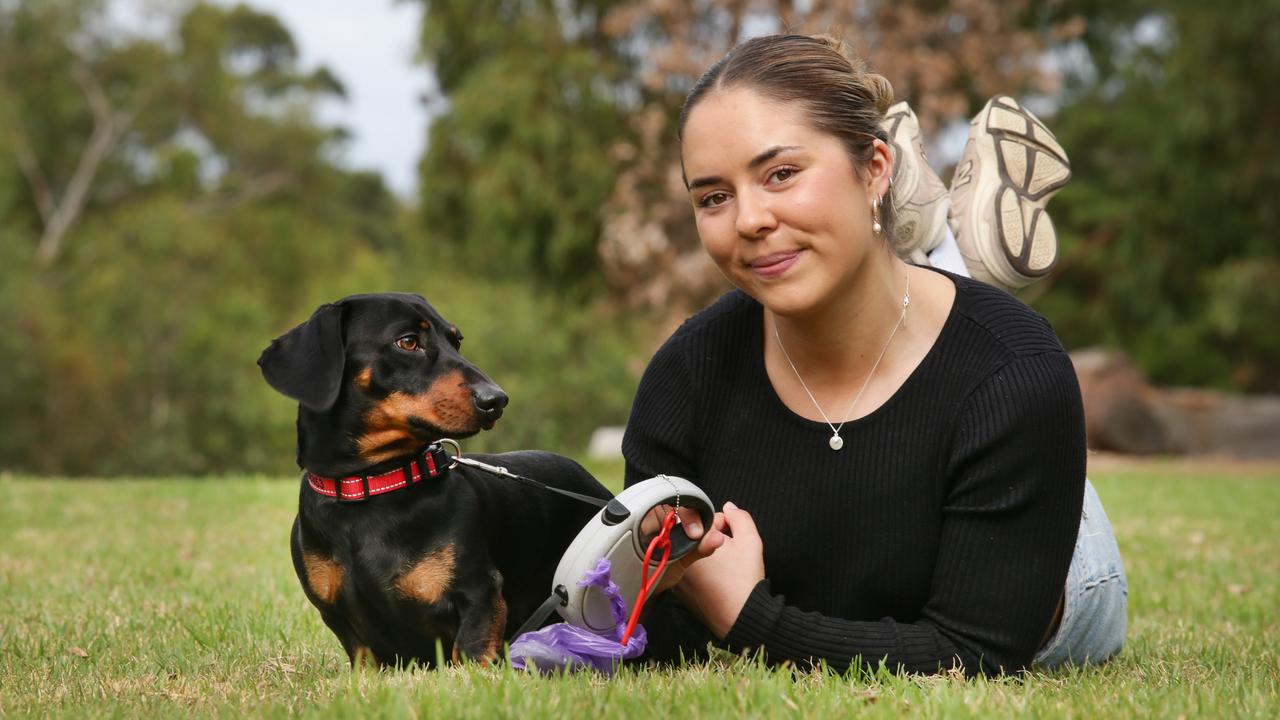‘Very worrying trend’: Sick truth behind the ‘designer dog’ market
A spike in abandoned pets is pushing Australian pet shelters to breaking point as advocates point the finger at ‘designer dog’ puppy farms.
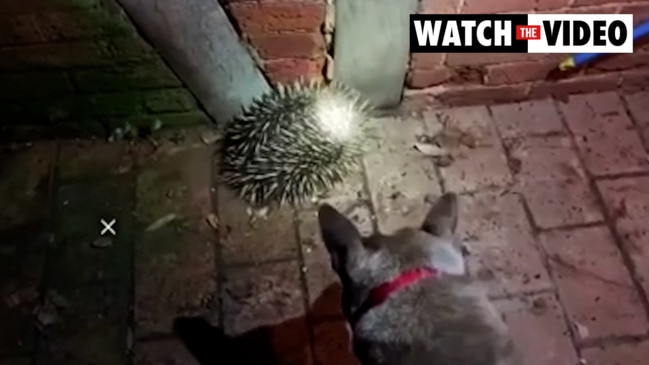
Pets
Don't miss out on the headlines from Pets. Followed categories will be added to My News.
While some Australian pet shelters are reaching breaking point, the online designer dog trade is booming.
But animal welfare advocates claim the trade is a strain on shelters and foster carers are already at breaking point.
On Wednesday, news.com.au reported on the spike in surrendered animals in Australian shelters.
Some Sydney providers reported a massive spike in surrendered pets, sparked by post-Covid pet regret. They said many people who abandoned their animals to the organisations were not ready for the impact the pets would have on their lifestyle post-lockdowns.
According to Four Paws Australia, puppy farming and the ‘designer dog’ market also played a part as the trade continues to boom.
“This is a very worrying trend, especially when coupled with the fact that it has become increasingly common for Australians to buy animals online through classified ad sites and via social media, especially breeds considered ‘designer’ animals which attract a high dollar value,” Four Paws national director Rebecca Linigen said.
“With thousands of animals advertised online on any given day, this is a major industry with little to no animal welfare regulation.
“Not only does the puppy trade carry high animal welfare risks for puppies, it also comes with risks that new owners do not foresee.”
Ms Linigen said these sales were often eventually associated with high veterinary bills for ongoing medical problems and at times, expensive behavioural therapy due to the conditions of “puppy farms”.
This, coupled with the high cost of living and the mass migration back to work post-Covid, only adds to the spike in surrendered pets.
“The new owners, who are often unaware under which circumstances their new puppy has been bred, must suffer alongside their dog,’ she said.
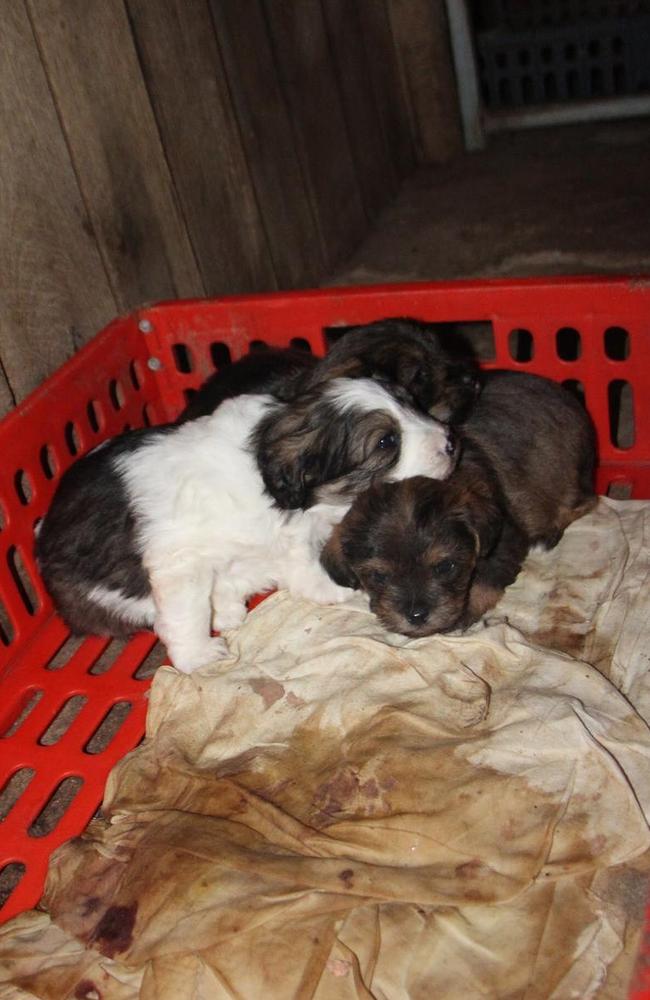
“Witnessing the struggle of the animal due to the health implications from the breeding practices, as well as the high veterinary bills, to make the life of the animals a bit more comfortable can take a toll on the owners.
“People who have spent thousands of dollars purchasing a puppy are now facing ongoing veterinary bills due to the animal’s poor health, due to their breeding conditions.
“While animal shelters and pounds are overflowing with unwanted, abandoned and rejected pets, the unwavering demand for puppies and designer dogs ensure that puppy farms are always in business.”
And the breeding operations can be atrocious.
In May, a New South Wales father and daughter who pleaded guilty to 18 animal cruelty offences were allowed to continue operating one of the state’s most significant breeding operations, despite one of their dogs dying under horrific circumstances.
Michael Flanagan, 66, and his daughter Casey Lee Poulet, 40, pleaded guilty and were convicted of 18 offences against the Prevention of Cruelty to Animals Act and the Animal Welfare Code of Practice – Breeding Dogs and Cats for failings at the breeding establishment.
The RSPCA was alerted to a Copeton puppy farm after Strawberry, a breeding boxer dog, died after not receiving veterinary treatment.
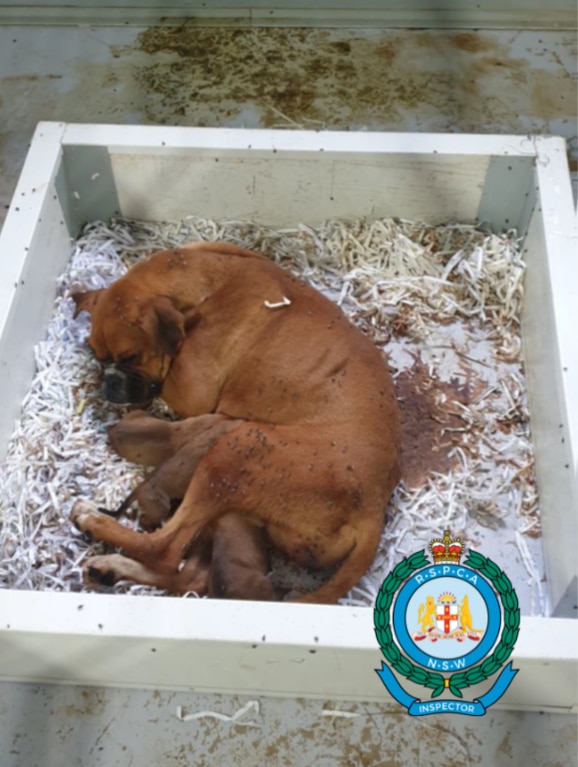
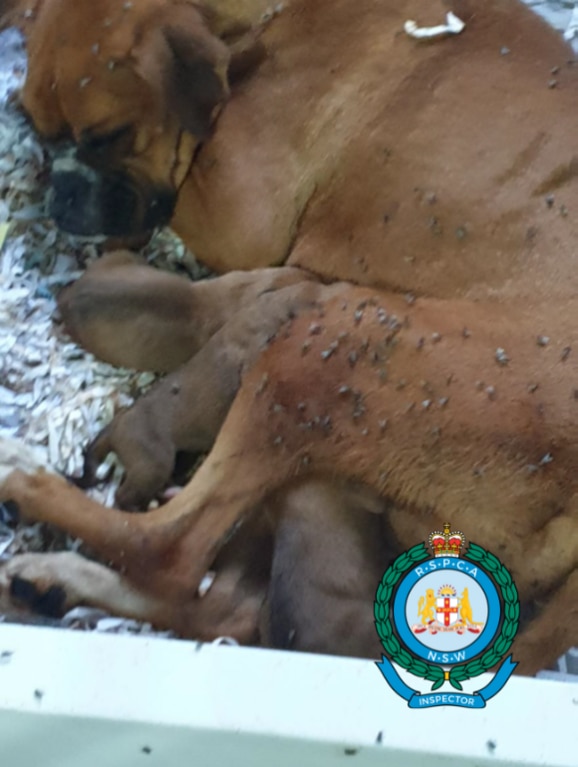
According to the RSPCA’s chief veterinarian Liz Arnott, Strawberry’s death was linked to a 40-hour-long dystocia – a slow or difficult labour or birth.
Strawberry was said to have suffered systemic illness and weakness, which ultimately led to her premature death.
The task force searched a linked property in Wagga Wagga simultaneously, where they found and examined 441 dogs, including 250 puppies, while 21 adult dogs and 41 puppies were seized.
“The dogs found on the properties were kept inside concrete kennel blocks with no bedding and constantly wet floors,” the RSPCA said.
“Every dog had wet feet and underbellies, with some covered in liquid faecal matter.”
Vets noted the dogs’ ailments included ear infections, severe dental disease, intestinal worms, poor body condition, conjunctivitis, matted coats, wounds, and urine scalding.
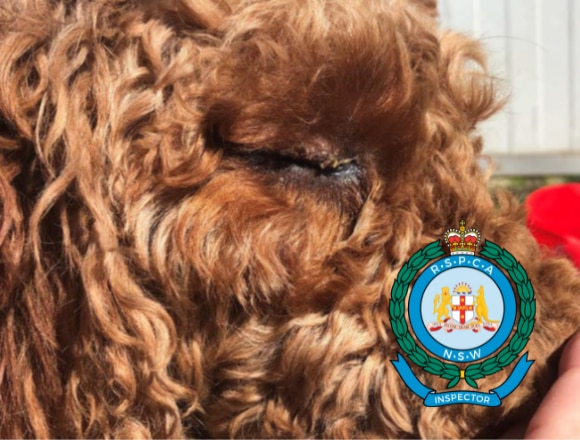
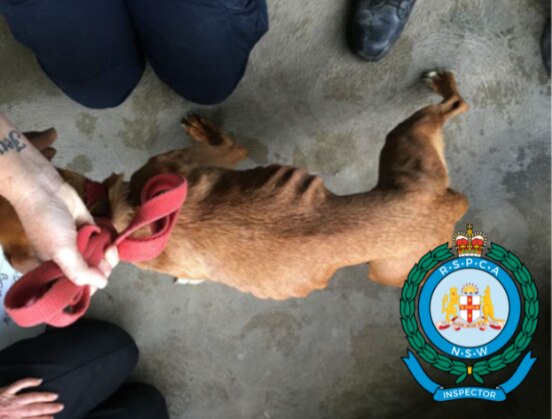
The defendants were ordered to seek veterinary treatment for another 32 dogs.
The court convicted and fined Flanagan a total of $16,700, while Lee Poulet was convicted and fined $4200 for her role in the operation.
The pair agreed to RSPCA NSW orders to reduce the size of the breeding establishment from 180 females and 25 male dogs to no more than 80 females and 25 stud males.
Magistrate Holly Kemp told Inverell Local Court that Strawberry was “innately vulnerable, utterly helpless and dependant on humans to ensure the right treatment was offered to her”.
“There was a failure on the part of the defendant, as a result of which she endured hours of suffering leading up to her death,” she said.
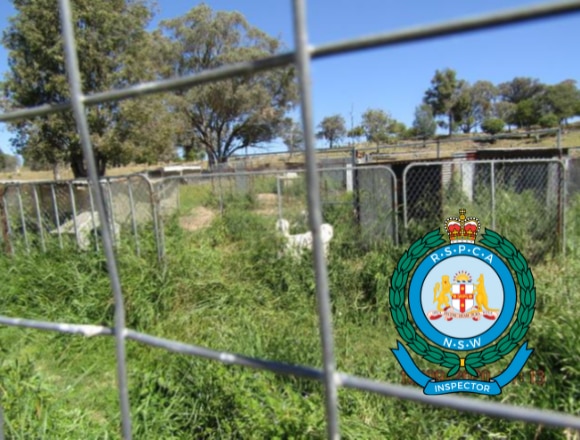
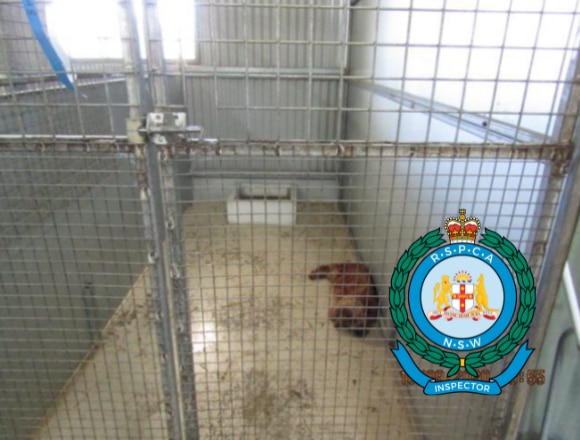
The pair were also ordered to pay animal care costs of $150,000 to RSPCA NSW.
RSPCA NSW Chief Inspector Scott Meyers described Strawberry’s last moments as “nothing short of heartbreaking”.
“The scale of this case highlights the critical role that our Intensive Breeding Task Force plays in the protection and welfare of puppies and their mothers,” he said.
“RSPCA NSW have identified approximately 900 breeding facilities in our state, and our team are working tirelessly to inspect each one to prevent any more animals from suffering at the hands of irresponsible breeders.”
Originally published as ‘Very worrying trend’: Sick truth behind the ‘designer dog’ market




